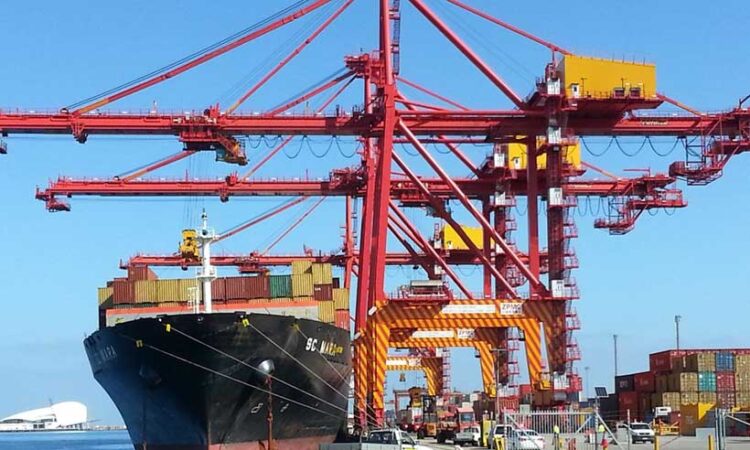
Imagine a country that has the world’s largest population of young people, the fastest growing economy, and the most diverse democracy. Now imagine that this country also has the worst record of human rights violations, the most protectionist trade policies, and the most turbulent relationship with its neighbors. This country is India, and it is facing a critical moment in its history.
The EU, which is India’s largest trading partner and a strategic ally, has expressed concerns over the deterioration of the rule of law, democracy and human rights in India, especially in the context of the Covid-19 pandemic, the controversial Citizenship (Amendment) Act, the crackdown on dissent and civil society, and the rise of communal violence and discrimination against minorities.
The EU has also challenged India’s protectionist measures, such as high tariffs, non-tariff barriers, subsidies and local content requirements that have affected EU exports and investments in India. The EU has argued that India’s trade policies are inconsistent with its commitments under the World Trade Organization (WTO) and undermine the prospects of a rule-based multilateral trading system.
The EU-India human rights dialogue, scheduled for January 12, 2021, was an opportunity for the EU to raise these issues with India and to urge it to respect its international obligations and to address the grievances of its people. The dialogue was also a chance for India to explain its position and to demonstrate its willingness to engage constructively with the EU on human rights and democracy. However, the dialogue was postponed by India at the last minute, without giving any official reason. This was seen by some observers as a sign of India’s reluctance to face scrutiny and criticism from the EU, and as a setback for the bilateral relationship.
The postponement of the dialogue also cast a shadow over the prospects of concluding a long-pending free trade agreement (FTA) between the EU and India, which has been under negotiation since 2007. The FTA would aim to liberalize trade in goods and services, as well as to enhance cooperation on investment, intellectual property rights, public procurement, competition policy and sustainable development.
The FTA would also provide a framework for addressing trade disputes and ensuring compliance with WTO rules. However, the negotiations have been stalled due to differences over market access, regulatory standards, labor rights, environmental protection and human rights clauses. The EU has insisted that any FTA with India should include provisions on human rights and democracy, as well as on climate change and social development. India has resisted these demands, arguing that they are intrusive and irrelevant to trade.
The EU and India have both expressed their interest in resuming the FTA talks, especially in light of the changing global economic landscape and the challenges posed by China’s rise. The EU sees India as a key partner in promoting a green and digital transition, as well as in strengthening multilateralism and regional stability. India sees the EU as a source of technology, investment and innovation, as well as a counterweight to China’s influence. However, unless the EU and India can bridge their gaps on human rights and trade issues, their potential partnership may remain unrealized.
The EU’s critical remarks against India’s human rights violations and protectionist policies reflect a growing international attention on India’s domestic and external behavior. They also pose a challenge for India’s ambition to become a global player that can shape the international order according to its interests and values. India will have to balance its economic development goals with its democratic principles, as well as its national sovereignty with its global responsibilities. The EU will have to find ways to engage with India in a constructive and respectful manner, while upholding its own standards and values. The future of global India will depend on how it responds to these challenges.
India is at a crossroads. On one hand, it is a rising power that has made remarkable progress in terms of economic growth, social development, and technological innovation. On the other hand, it is a troubled nation that has witnessed widespread violations of human rights, social unrest, and trade disputes. How India navigates these challenges will determine its future as a global actor and as a partner of the European Union.






